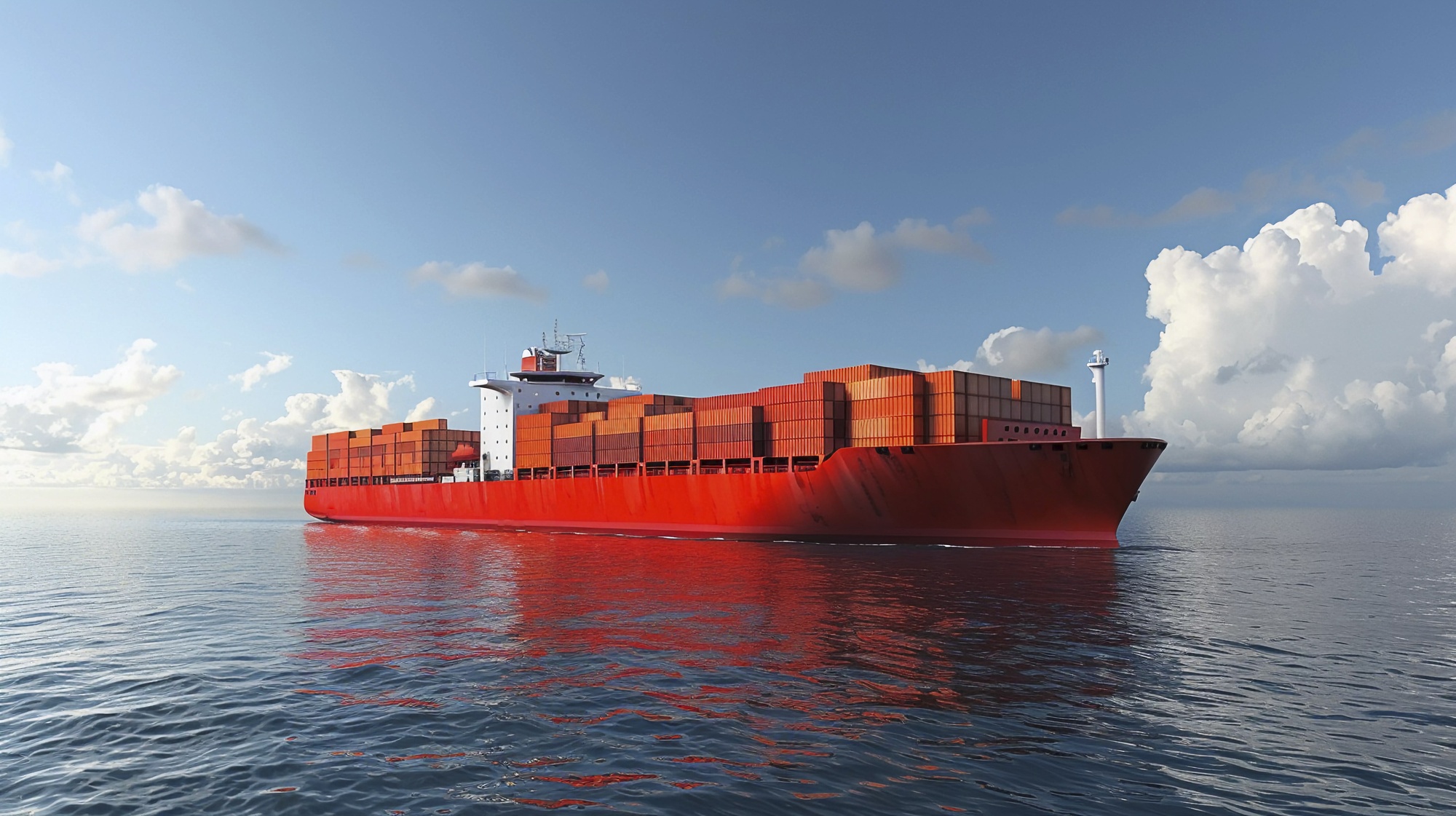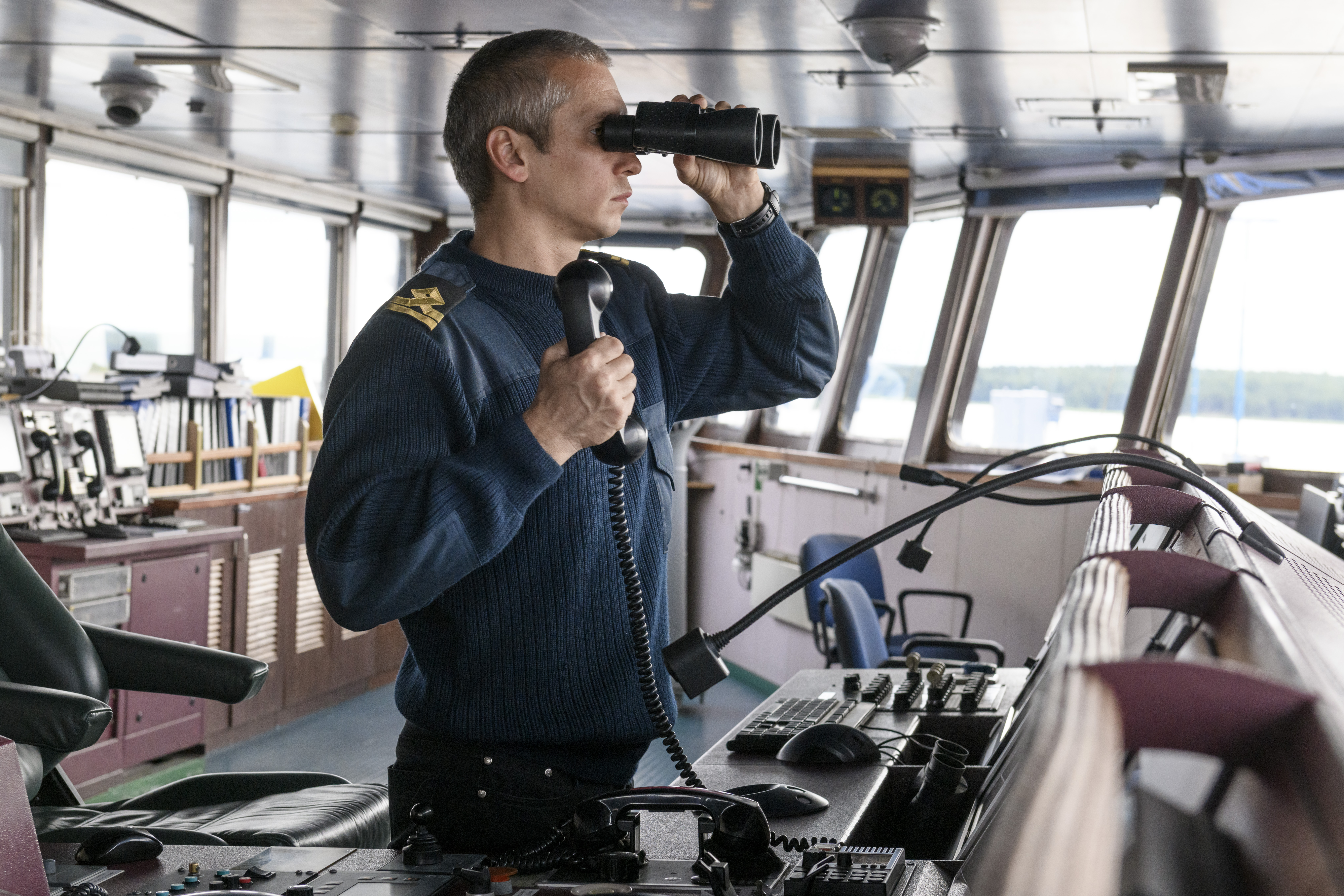(a) Extended reports
Experience shows that after the main accident, the state of mind of those
Involved in such a way that it is almost always unwise for them to take over paper with letters, reports or extended journal entries too quickly.
It should be remembered that according to the law, all documentary material, including telex
messages, faxes, telegrams and even RT discussions between the Master and
Opposition of a party may require and use evidence of the company against the interests of the Company. The prefix (“For the information of the Company’s attorneys pending litigation”) is required by the supervisor of any written report relating to the incident, when there may be future litigation. This makes the report a “private communication” in the law, and in some circumstances it is not necessary to disclose to lawyers representing any third party involved in the incident. Communication between Teacher and lawyers is, however, confidential.
It is therefore important that all reports, messages, journal entries, offshore vacancies for seafarers etc. are concise and factual, as accurate as possible. Masters and other participants should refrain from giving opinions about what happened.
If, after reviewing the master’s preliminary accident report, the Company decides that the necessary additional information will normally be arranged for a representative of the Company’s attorneys to be present to take detailed statements from the foreman, officers and evaluated persons.
The company knows that an accident can happen even on the best steered vessel, but hopes that the circumstances will always be openly reported. Any intentional attempts by any person to misrepresent facts or falsify documents will be considered strictly.
A true account of events is always disclosed in the interests of the Company and the individual. Even when an investigation into a major incident shows that the ship has an unsatisfactory practice, it is better to know the weaknesses of the case first than to find that what seemed to be a strong case is destroyed because it will inevitably be based on inaccuracies or untruths.
Evidence in court
The evidence required may depend on the circumstances of each case, but the testimony of the following witnesses will almost certainly be required:
Master.
Watch officer.
Pilot (if any).
Any other person on the bridge, during a collision or incident, before or immediately after it.
Engineer.
Any other person on duty in the engine room.
It is important that the questions asked by the court can be answered clearly and precisely. Any officer using radar will be asked to remember the bearings accurately and associate them with navigation on their own ship.
Short notes that record these details can be made as a memoir, but keep in mind that these notes may be required as evidence.
The helmsman will be asked to recall events related to the control and management of the ship in the event of a collision or incident, as well as observations to recall events related to the movement and actions of another ship when it is visible.
The court must also know what engine movements were provided with an estimate of the time interval between the last engine movement and the collision or incident and what engine speeds and / or pitch adjustments were at the time of the collision or incident.




